Heroic Uncle Fights Jaguar with Bare Hands to Save Nephews
Erivaldo Moriman fought for his life.
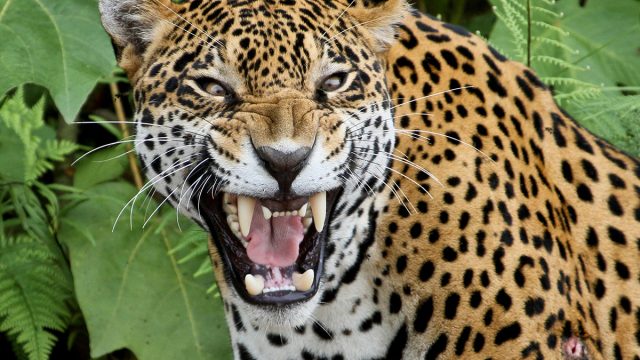
Imagine camping and going for a walk on the banks of a river in the early morning, only to return to homebase and see your nephews being attacked by a jaguar. What would you do? That was the question facing Erivaldo Moriman in Brazil when the two boys, aged 15 and 18, were under siege on the banks of a Jureana river on August 13th. The uncle intervened using his bare hands. Here's what happened next.

Moriman first tried to distract the jaguar by yelling and waving his arms. The animal noticed. "She dropped the boys and came at me. I shouted to the boys that the jaguar was going to get me and when they looked up it had already got me. I held onto her leg behind a tree trunk and kept holding on. I foolishly tried to run, and as I tried to run, she attacked again, and that's when she got me. She didn't just scratch me; she actually bit me on the head," he told local media, according to the Daily Mail.
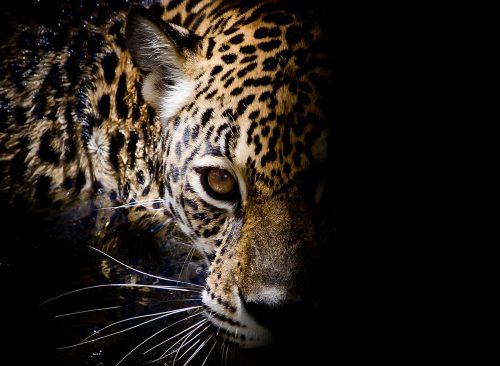
Terrified, Moriman fought back. "It was very hard for us to witness this, to experience this, to embrace a jaguar. Nobody believes it, but it was true." The animal finally retreated. But that was not the end of Moriman's ordeal.

"After the attack, Moriman wasn't able to be instantly rescued. Instead, he had to travel for nearly two hours by boat to reach the airstrip of a private lodge, all while grimacing from the pain of his injuries," says the Mail. "He received first aid from a doctor who had happened to be staying there before being taken to the Albert Sabin Regional Hospital in Alta Floresta more than three hours away."
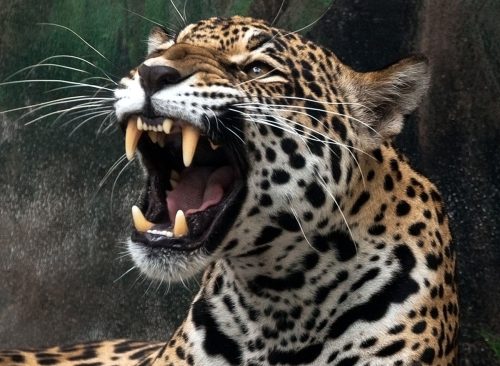
"Jaguars have a more powerful bite than any other big cats, "says the WWF. "Their teeth are strong enough to bite through the thick hides of crocodilians and the hard shells of turtles. They need powerful teeth and jaws to take down prey three to four times their own weight—usually killing it with a bite to the back of the skull rather than biting the neck or throat like other big cats. Like other cats, their tongues have sharp-pointed bumps, called papillae, which are used to scrape meat off bones."
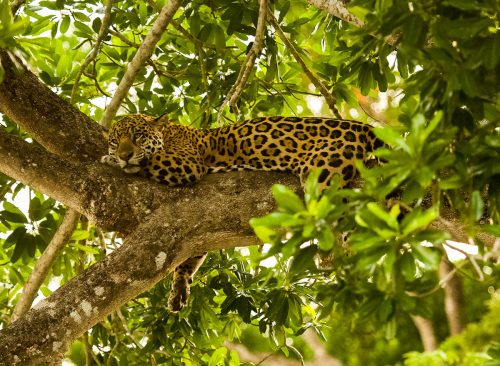
Jaguars' keen senses and exceptional stalking skills allow them to approach their targets undetected, making them deadly ambush predators. With a distinctive coat of fur that provides effective camouflage, they can vanish into the shadows, waiting patiently before launching a lightning-fast assault. Their agility enables them to swiftly climb trees, pounce on unsuspecting prey from above, and maneuver through dense vegetation with remarkable ease.
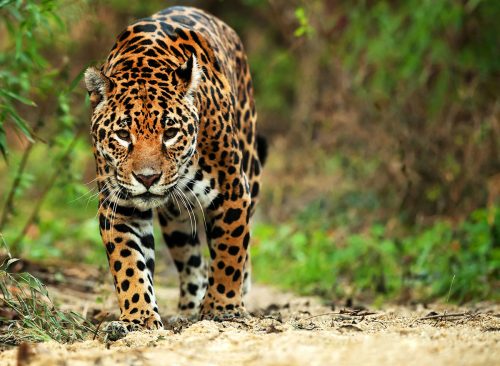
Their territorial behavior and solitary nature also contribute to their danger. Jaguars are known to aggressively defend their territories, making encounters with humans particularly risky. While human attacks are rare, their impressive physical attributes and carnivorous nature remind us of the crucial role they play in maintaining the balance of their ecosystems and the respect that must be shown when sharing their domains.

Incidents like the one involving Erivaldo Moriman and the jaguar shed light on the increasing instances of human-wildlife conflicts, particularly in regions where urbanization encroaches upon natural habitats. As human populations expand, encounters between people and wildlife become more frequent. Efforts are being made to develop strategies that mitigate conflicts and protect both humans and animals, ensuring coexistence in shared environments.
RELATED: Giraffe Takes Down Ostrich in Epic Zoo Brawl
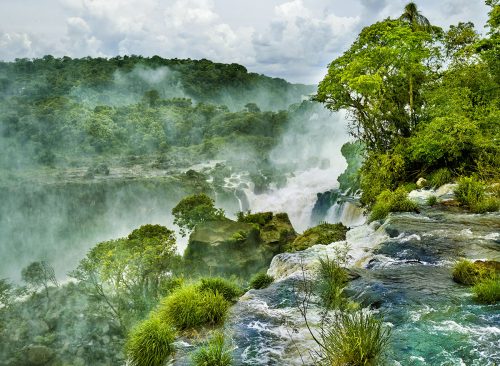
The encounter between Erivaldo Moriman and the jaguar sheds light on the importance of wildlife conservation efforts in regions like Brazil. Jaguars, as apex predators, play a crucial role in maintaining the ecological balance of their habitats. Conservationists and authorities continue to work towards safeguarding these majestic creatures and preserving their natural habitats, thereby reducing the likelihood of such human-wildlife conflicts.














